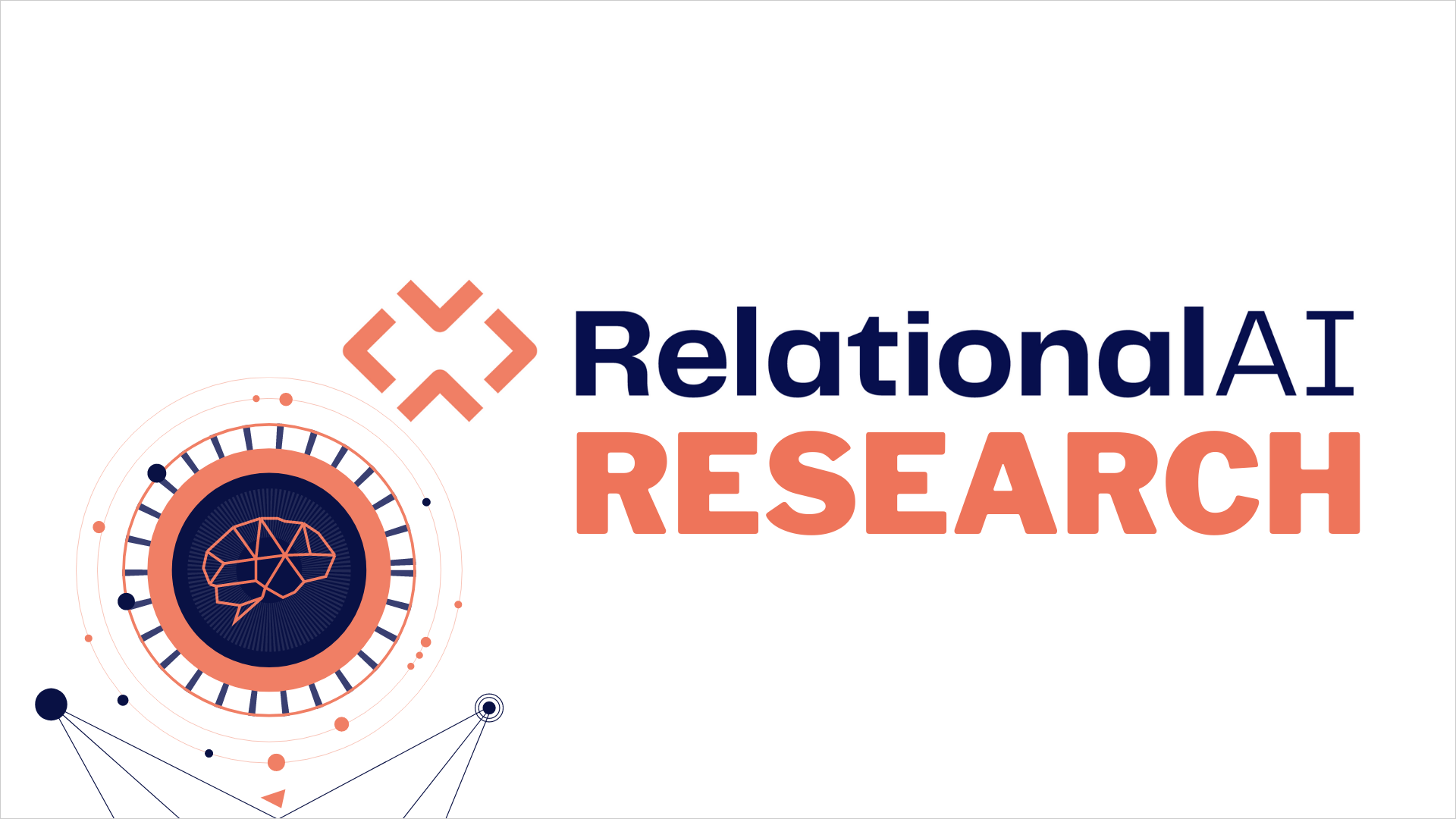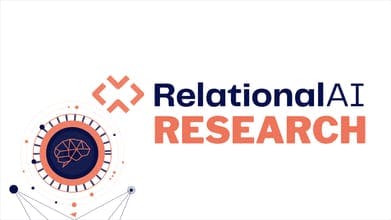Maintaining Triangle Queries under Updates

We consider the problem of incrementally maintaining the triangle queries with arbitrary free variables under single-tuple updates to the input relations.
Authors: Ahmet Kara, Hung Q. Ngo, Milos Nikolic, Dan Olteanu, Haozhe Zhang. 2020.
In ACM Transactions on Database Systems (TODS ‘20). Vol. 45, No. 3, Article 11. (Best of ICDT 2019 and Regular Papers).
We consider the problem of incrementally maintaining the triangle queries with arbitrary free variables under single-tuple updates to the input relations. We introduce an approach called IVM that exhibits a trade-off between the update time, the space, and the delay for the enumeration of the query result, such that the update time ranges from the square root to linear in the database size while the delay ranges from constant to linear time. IVM achieves Pareto worst-case optimality in the update-delay space conditioned on the Online Matrix-Vector Multiplication conjecture. It is strongly Pareto optimal for the triangle queries with zero or three free variables and weakly Pareto optimal for the triangle queries with one or two free variables.
Read the PDF: Maintaining Triangle Queries under Updates (opens in a new tab)
Related Posts

A Principled Approach to Selective Context Sensitivity for Pointer Analysis - TOPLAS
In this work, we present a more principled approach for identifying precision-critical methods, based on general patterns of value flows that explain where most of the imprecision arises in context-insensitive pointer analysis.

Bag Query Containment and Information Theory
The query containment problem is a fundamental algorithmic problem in data management. While this problem is well understood under set semantics, it is by far less understood under bag semantics. In this paper we unveil tight connections between information theory and the conjunctive query containment under bag semantics.